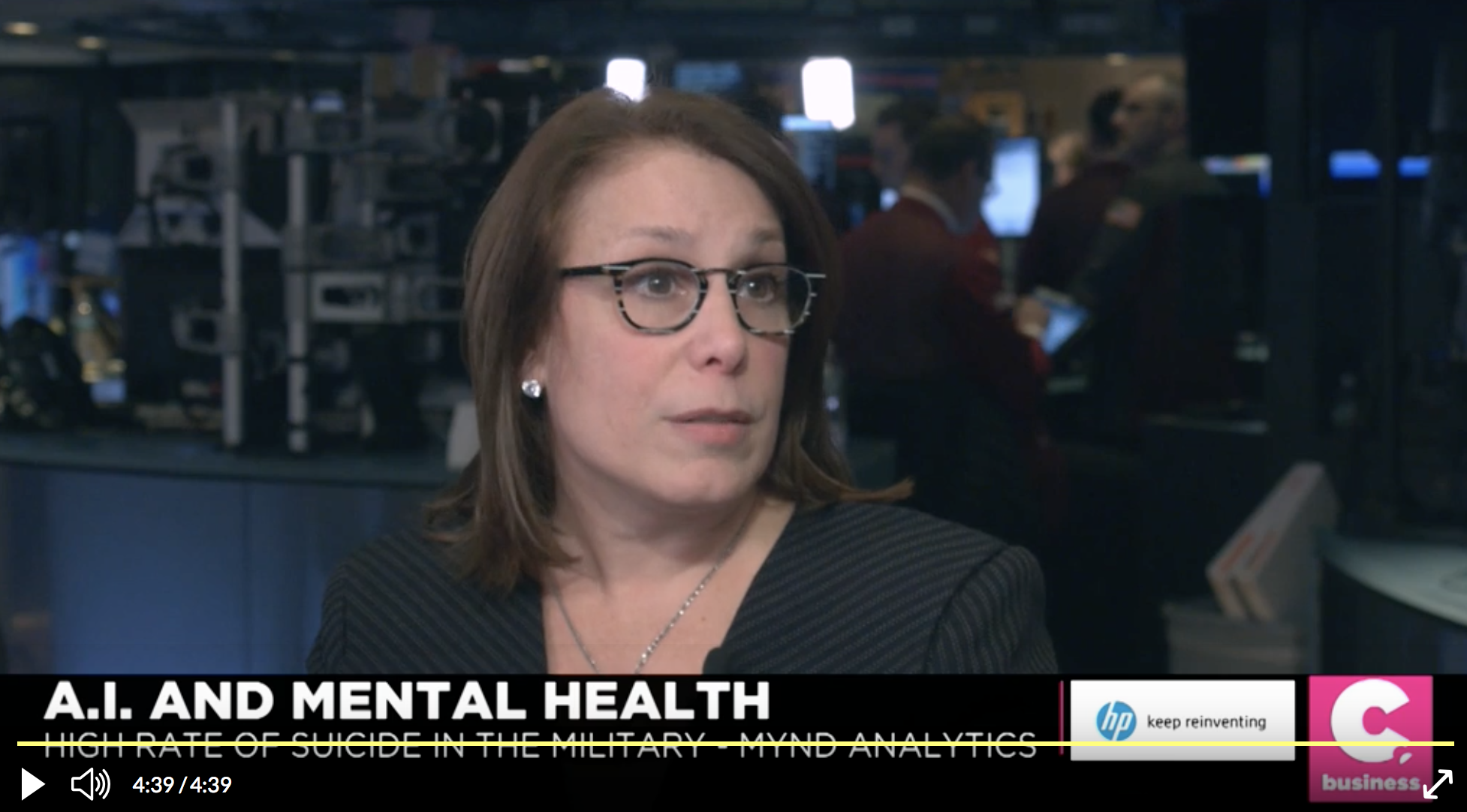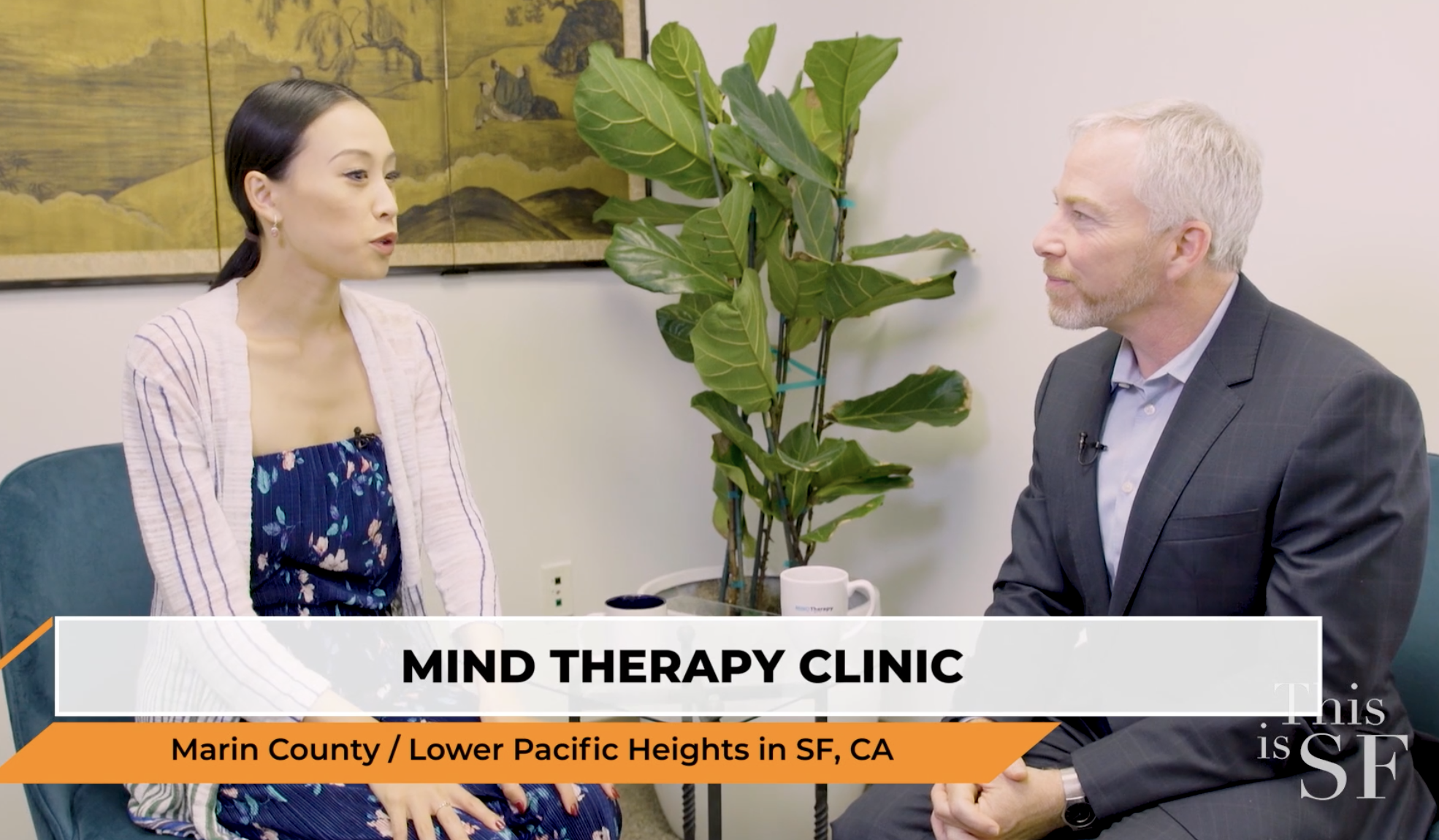DBT for Substance Use Disorders: Advances in a Novel Approach for Clients Struggling with Chronic Emotion Dysregulation and Addiction
Substance abuse frequently co-occurs with Borderline Personality Disorder and may cause heightened symptoms in either disorder. Learn how this well researched modality is used to help clients struggling with substance abuse and bring home some DBT skills that can be taught to your clients.
REGISTER HERE
Continue reading








